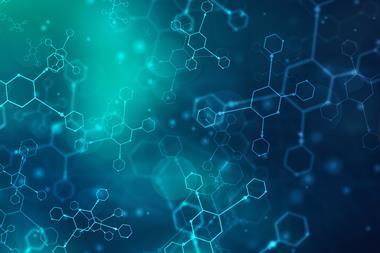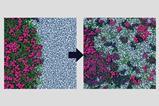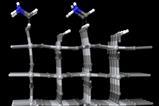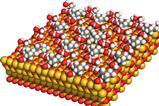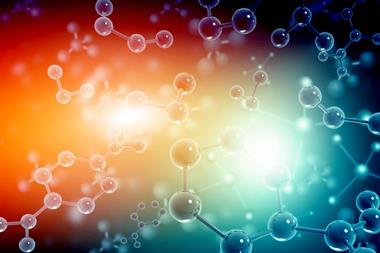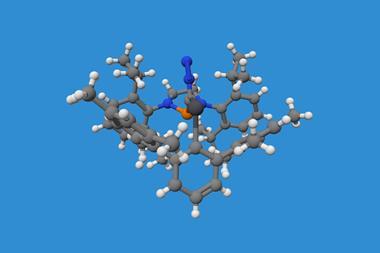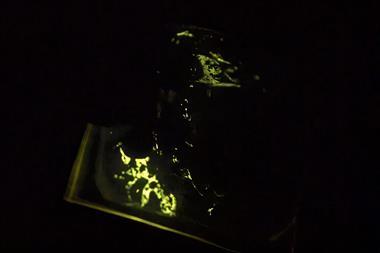Schrödinger’s Thomas Mustard demonstrates how structure-property relationships paired with automated high throughput screening can rapidly advance the rate of discovery and understanding of catalysis activity.
In this hour-long webinar, we look at how systematic evaluation of steric and electronic contributions provides an unprecedented fundamental understanding of factors controlling a target reaction. With these structure– property relationships, one can re-design a reaction or catalyst to achieve desired activity. Paired with automated high throughput screening, the rate of discovery and understanding is accelerated.
The content of this webinar covers reaction/catalysts activity and selectivity predictions from simulations, along with high-throughput automated methods for in silico reaction screening. Examples in areas of hydroformylation and epoxy-amine thermosets are also covered.
By the end of this webinar you will…
• Have learned how to accelerate catalysis research and development projects using Schrödinger’s leading computational chemistry software platform
• Be able to use tried-and-tested techniques to improve the accuracy of your in silico predictions with Schrödinger’s proven methodologies
• Understand ways to streamline your workflows with integrated software solutions for reaction and catalysis research projects
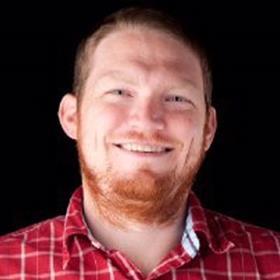
Speaker: Thomas (TJ) Mustard, principal scientist at Schrödinger’s materials science division
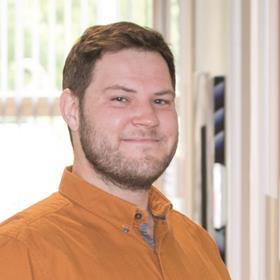
Moderator: Benjamin Valsler, digital editor, Chemistry World

Schrödinger is a leading provider of advanced molecular simulations and enterprise software solutions and services for its clients in the materials science research space. Schrödinger also establishes deep partnerships and collaborations with companies in such fields as petrochemical, semiconductor, aerospace, and specialty chemicals. Founded in 1990, Schrödinger has nearly 500 employees and operations in the United States, Europe, Japan, and India, as well as business partners in China and Korea.





